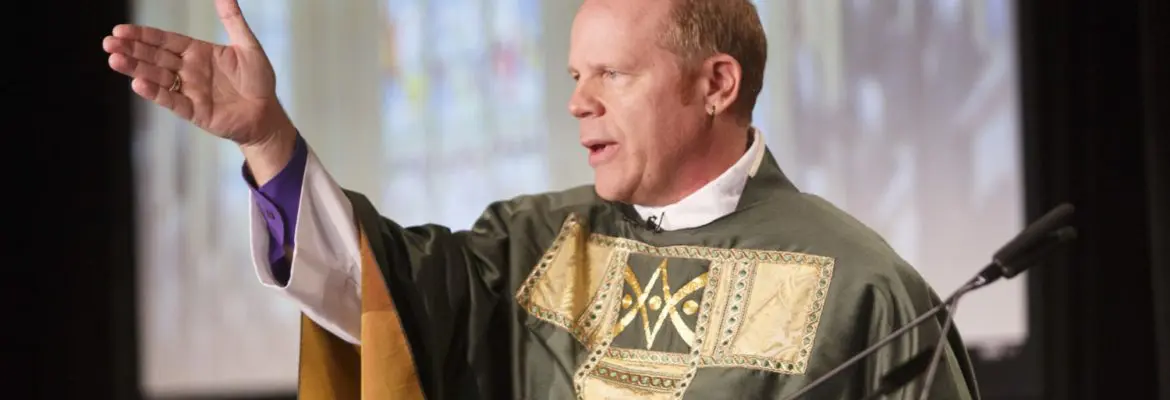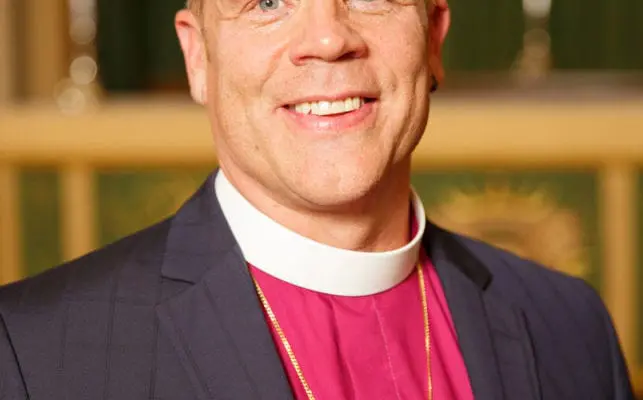
Dear Friends,
On Friday, while driving through the University of Toronto campus, I noticed a large crowd of people gathered around Robarts Library. At first, I wondered if it was a protest, a march or a demonstration. As I drew nearer to the intersection, it became clear that this was something different. There were no placards or banners, no megaphones or noisemakers. Instead, there were hundreds of people gathering around, underneath, and nearby to the cherry blossom trees that were in full bloom. People young and elderly were taking delight in the show of colour, beauty and life.
On Saturday, I received a message from Canon Hobson to remind me that thousands of people would be descending on High Park on Sunday morning to imbibe in the same beauty. It would be wise for me to arrive early for Mass at St. Martin in-the-Fields. It was sage advice. The traffic was slow as “blossom watchers” tried valiantly to find a parking spot.
Spring has sprung! The warmer days, the longer sun, the birdsong in the morning signal a new awakening. The daffodils, tulips and crocuses are in full colour, announcing that life has returned. The buds on the trees burst forth, and with each day leaves begin to unfurl. Spring has finally arrived. After what seemed like a long winter, made longer by a sixth wave of COVID-19, creation is bursting with new life. And people are bursting forth, too.
With each passing week, I have been delighted to see more and more Anglicans coming back to in-person worship. Pews are beginning to fill again. The singing is getting stronger and more joyful. Folks are lingering longer after service to see one another at coffee hour, in the parking lot, outside the front door. I sense a deep want to be together, to be put back together, to be made new again. And spring reminds us of what we are made of and how we are shaped, and in whose hands we live and move and have our being, as the Psalmist sings in Psalm 104.
1 Bless the Lord, O my soul.
O Lord my God, you are very great.
You are clothed with honour and majesty,
2 wrapped in light as with a garment.
You stretch out the heavens like a tent,
3 you set the beams of your chambers on the waters,
you make the clouds your chariot,
you ride on the wings of the wind,
4 you make the winds your messengers,
fire and flame your ministers.
5 You set the earth on its foundations,
so that it shall never be shaken.
6 You cover it with the deep as with a garment;
the waters stood above the mountains…
Now, once this letter is written, I know where my place is and where I will spend the rest of the day. With spade and rake, hoe and shovel, the garden is calling to me. It’s time to get my hands dirty in the soil and the earth, to bend toward the ground to pull weed and deadwood and to relish in the beauty of God’s creation. May you find your way to the nearest garden.
Yours in Christ,
The Rt. Rev. Andrew Asbil
Bishop of Toronto
